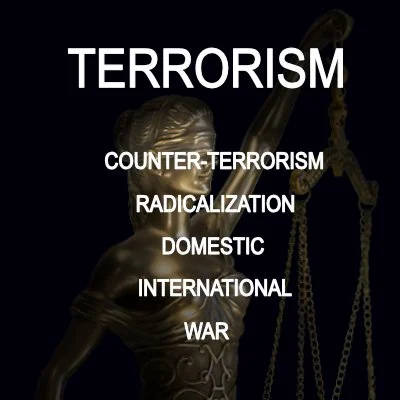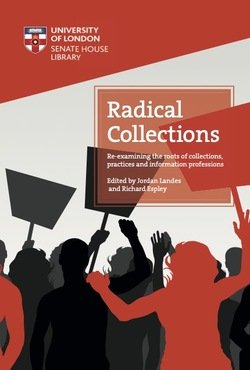Edited ny Updesh Kumar and Manas K. Mandal
In the recent years, more so after the 9/11 twin towers and the 26/11 Mumbai attacks, there have been numerous discourses on terrorism and counterterrorism. Terrorism as a phenomenon does not originate in isolation; rather it is, generally, a reaction to certain specific social and contextual circumstances leading to grievances among people. Therefore, in order to understand the roots and basis of terrorism, there is a pressing need to analyze specific social, cultural, political, and psychological contexts in which it flourishes. Countering Terrorism: Psychosocial Strategies works on this premise and penetrates into this psycho-socio-cultural milieu that serves as a context for the proliferation of violence through acts of terror. With contributions from experts from the developed as well as developing countries of the world, the book has ecumenical focus on terrorism from all possible angles and covers the multiplicity of perceptions and interpretations on the issue. The volume will ignite the mind of the reader toward latent variables that may be considered while carrying out research in this area. This book brings together the minutest aspects related to the burning issue of terrorism, which exploits the precious resources of nations and scars the minds of the people.
New Delhi. Sage Publications.2012. 450p.





















